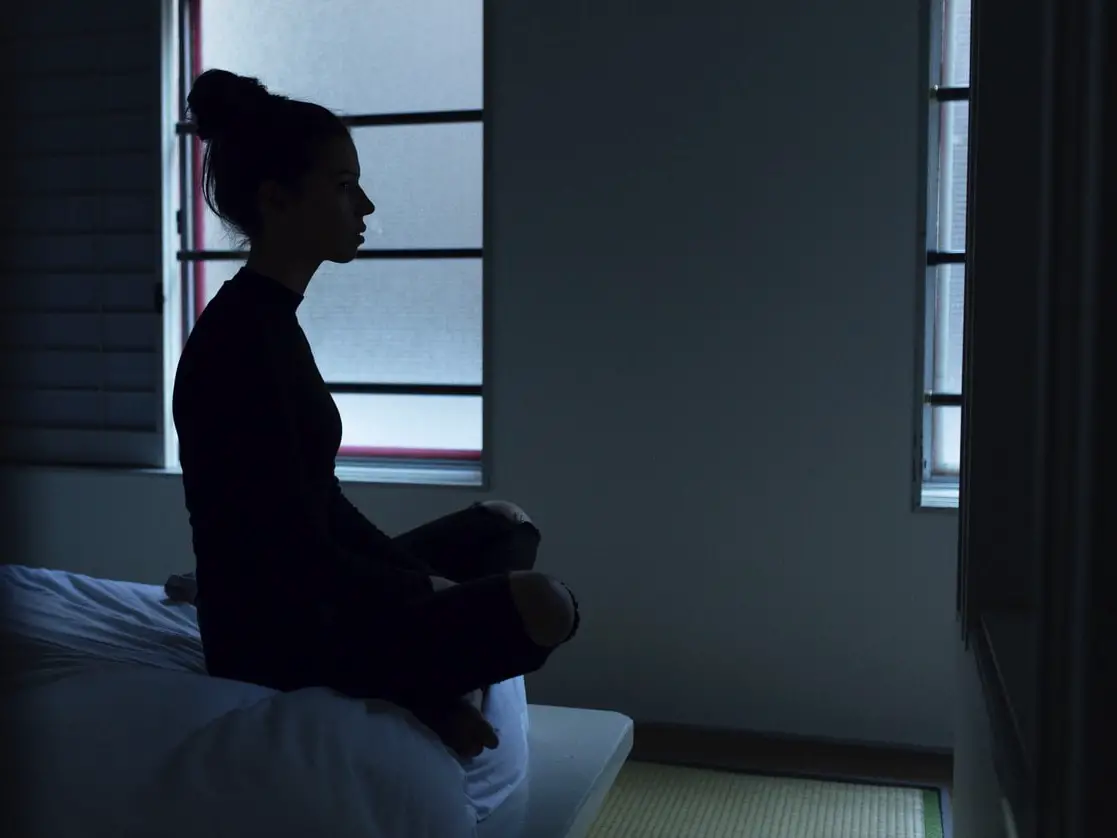According to Dictionary.com, the word lonely means someone is “affected with, characterized by, or causing a depressing feeling of being alone; lonesome.” At some point in everyone’s life, they go through a period of loneliness; this span of time is actually common among college students. In 2017, Art and Healing did a survey of 48,000 college students; only 19% of them reported they never felt alone, while 64% reported they felt very lonely.
Why Is Everyone so Lonely?
According to research, about one in three college students have reported dealing with a mental disorder before going to college. The development of these mental disorders begins around 14 years old, and a reported 33% of students have suffered from serious depression. With a rise in depression and other mental illnesses follows the increasing loneliness in people of all age groups. In college, however, it’s hard to not feel lonely when some schools only view you as a statistic.
College students can also be prone to loneliness due to the sheer amount of time they spend on social media. Many students use social media as a distraction or a substitute for real connection with people. If that’s the case, then the chances of loneliness rise higher in people who spend more of their time on these platforms.
Psychom says that people often use social media in order to avoid real contact with people if they have social anxiety. While that may help people with social anxiety, it becomes a catalyst for loneliness in people who don’t.
Three Factors of Loneliness
According to Psychology Today, the first factor of loneliness is the “level of vulnerability to social disconnection.” This means that your level of social needs dictates how prone you are to loneliness. If you’re an extrovert that needs to have constant social stimulation, you may feel lonely if you haven’t talked to someone in a long period of time. Introverts, on the other hand, might take longer to feel lonely and may not feel so alone until they’ve been by themselves for longer.
The second factor of loneliness is the “ability to self-regulate the emotions associated with feeling isolated.” How well you’re able to manage your feelings can determine how you’ll handle being lonely. For some people, they would rather be alone, and that’s a way for them to check in with themselves and evaluate their emotions. If the feelings of loneliness cause distress, then the way that you handle those emotions will contribute to how you feel about loneliness the next time it occurs.
The last factor is “mental representations and expectations of as well as reasoning about others.” The feelings of loneliness don’t mean that you can’t make friends or that you can’t talk to others. That fear may come up when you’re stuck in a cycle of shame and are embarrassed by all the things you can and can’t do. Approaching someone when you’re in a state of isolation can be the first step in trying to make yourself feel better.
What Can Be Done About It?
Loneliness may seem like something that can be easy to handle, but it’s not good for your health and well-being. It may be hard to seek help and try to communicate your loneliness to others, but there are a few things that you can try to do.
PsychCentral suggests five ways to “banish loneliness.” The list includes trying to find something to do, being good to yourself, being with others, going somewhere new and helping someone else.
Finding something to do can be as simple as going out for a walk. Going out to do something will clear your head of lonely thoughts, and being outside will allow you to feel free.
Being good to yourself is the equivalent of self-care. In a time where this is emphasized everywhere, people continue to skip out on it even though self-care can be as simple as taking a nice hot bath.
Being with other people gets rid of the feelings of loneliness, and you can even travel somewhere new with them. Going out on an adventure can lessen the lonely thoughts.
You can also help others. It always brings a sense of happiness when you help those that are in need.
What Are Colleges Doing About It?
Most colleges offer mental health and counseling services for their students if they’re in need. Since there is such a widespread issue of mental illness on college campuses, these health services are often overwhelmed and underfunded. For instance, on my own college campus, University at Buffalo, students are allowed to see a counselor only eight times in an academic year. Students can easily use those appointments in a few months and can then only be seen if they’re in a crisis.
Mental health services are a part of the fees that every student has to pay for. Is this enough funding for thousands of students who suffer from mental illnesses? The question can easily be answered with a no, since there isn’t a lot of outside funding going into these services. Activities like sports and academics easily win over the consideration of students and their mental well-being. It’s hard enough to go through four years of college. The addition of a mental illness and feelings of loneliness makes it worse.
What Can You Do About It?
The first step is always acceptance, and when accepting loneliness as just a feeling, it becomes easier to handle when it arises next time. Being alone isn’t always a bad thing. It gives you time to reconnect with yourself and refocus your attention on the important things — maintaining and enhancing any current relationships you have as well as making some new ones. Being around the people you want to spend time with will lessen the feelings of loneliness.
The Law of Attraction suggests that you disconnect from social media and learn how to be your own best company. Learning how to minimize the amount of time you spend on your phone can make it easier for you to connect with real life and the people around you. Becoming comfortable with yourself is the most powerful thing you can do. Taking care of yourself and learning to love yourself will create a powerful mindset where you’ll never feel alone.

















